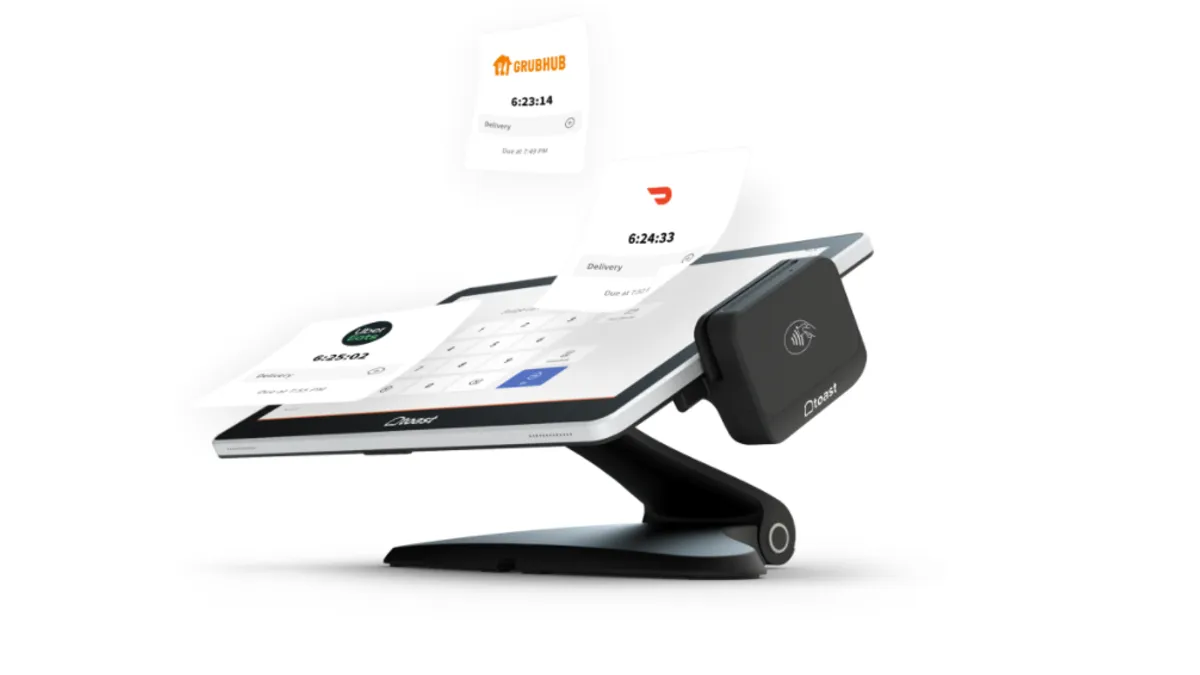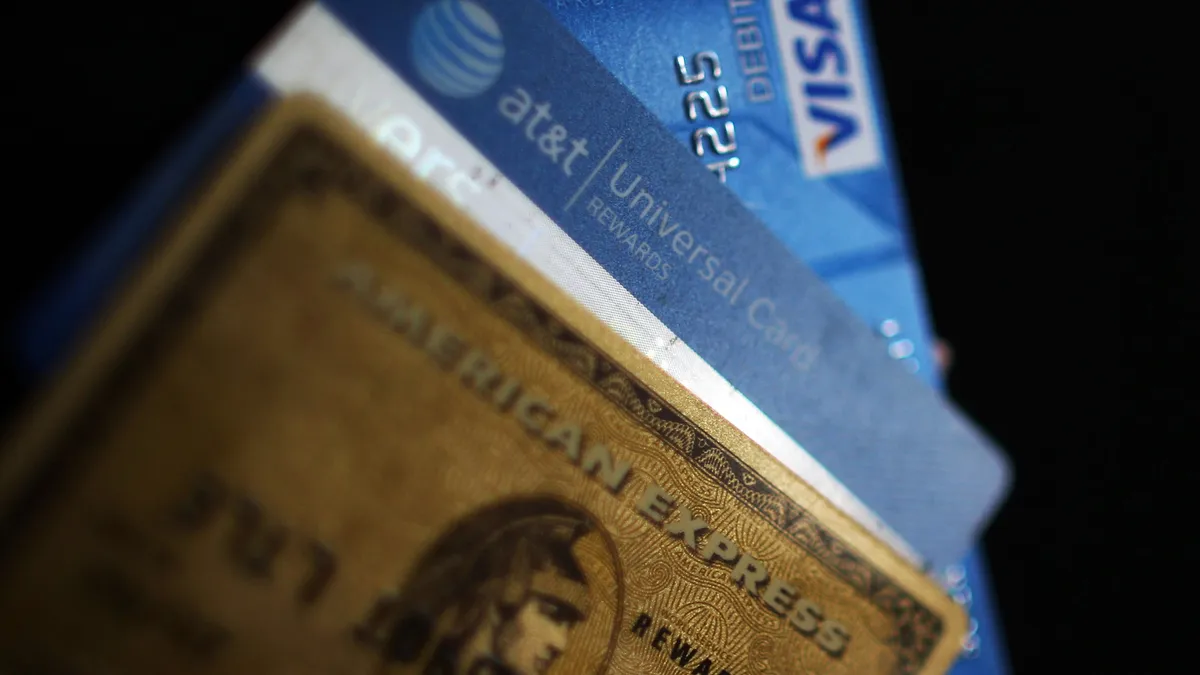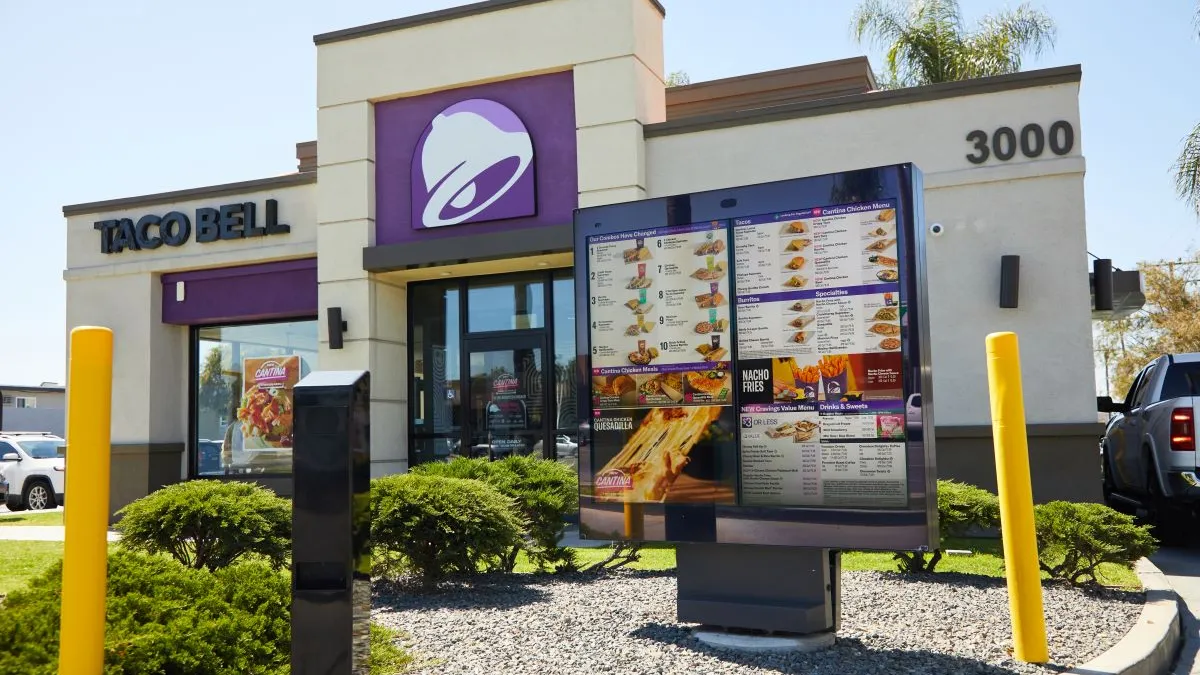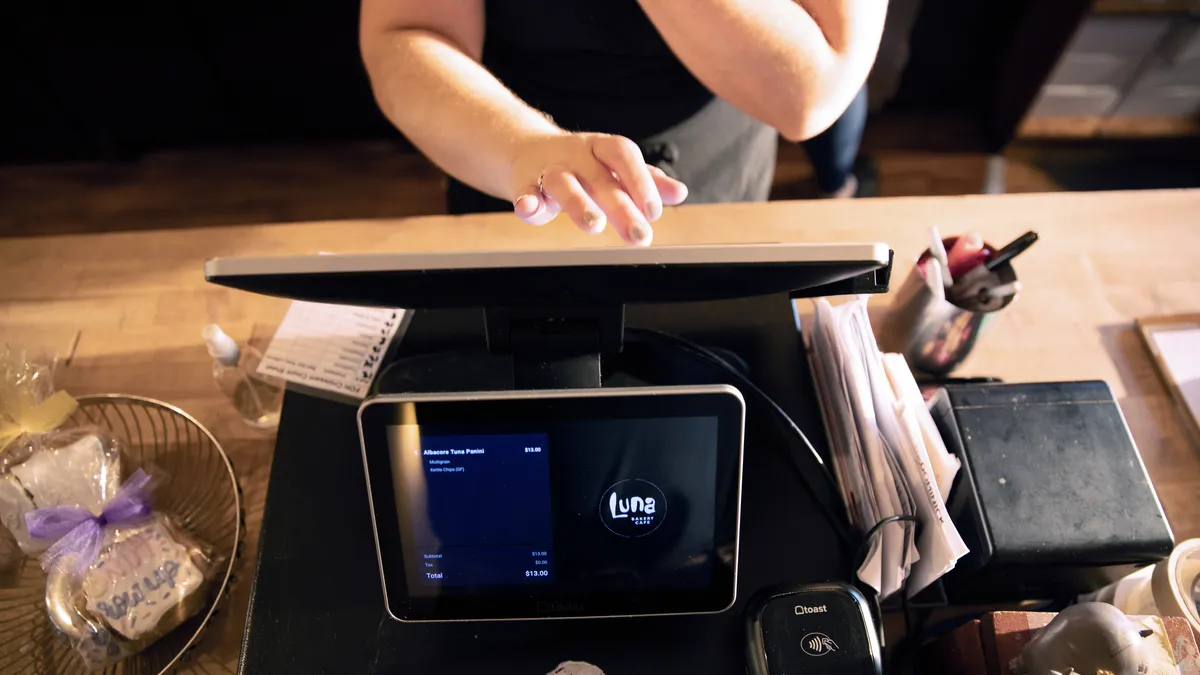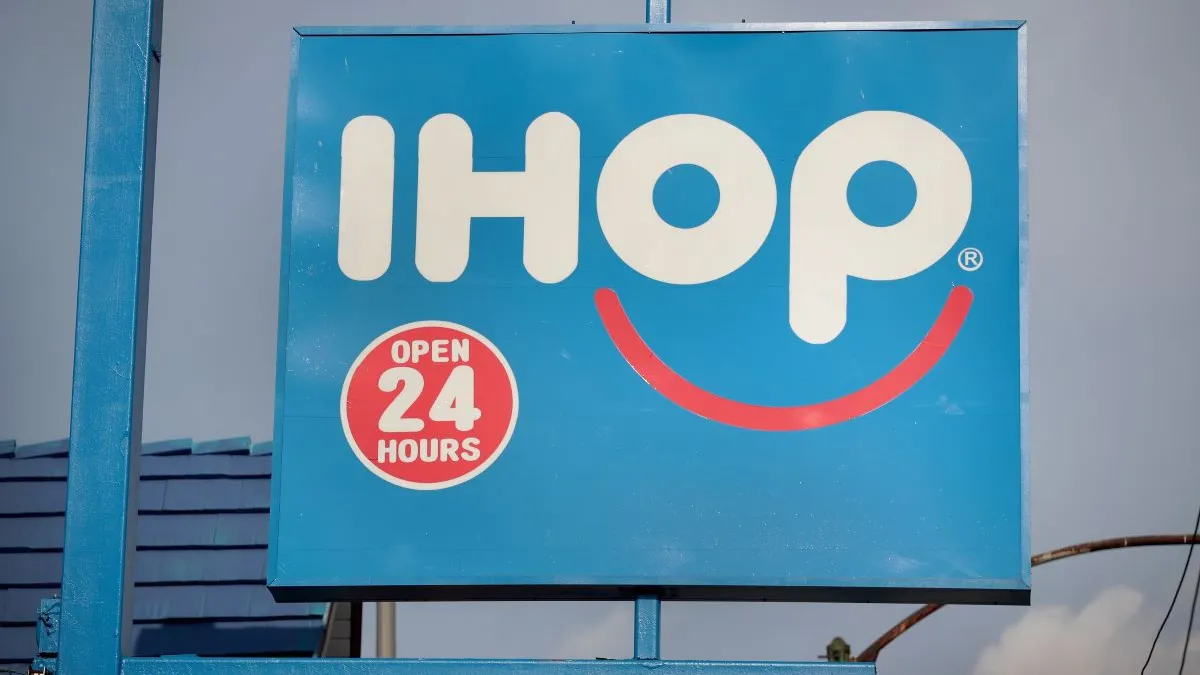Toast is heating up competition in the restaurant payments market by adding more services and aiming to take business away from fintech rival Square and industry heavyweights Oracle and NCR.
Boston-based Toast has unveiled offerings in recent weeks for hotel restaurants and quick-service restaurants. It also announced improvements to its mobile ordering, payments, and digital menus.
Toast has "a cloud-based point-of-sale that is very easy to use,” Mizuho Securities Senior Analyst Dan Dolev said in an interview, adding Toast provides “a one-stop-shop for everything.”
“It’s very modern, (and) feels like an iPad," he said. "It’s technologically more advanced than what the legacy" companies have to offer.
His views were echoed by Robert W. Baird Analyst David Koning, who also follows the payments sector, and like Dolev, recommends investors buy Toast shares.
“You could say that Toast is growing significantly faster than the market, and seemingly taking share from all key market participants,” Koning said. “The average merchant that Toast serves does over $1 million of volume per location now, and my guess is Square is significantly less.” Koning also follows Square parent Block.
In a 2021 report from research firm IDC, the market leaders in the arena were technology companies Oracle, NCR, PAR and Infor, and Toast was listed among the “major players” along with Zucchetti Switzerland (TCPOS), TouchBistro, Revel Systems, and Appetize, which has since merged with SpotOn.
Toast benefited from its early move to cloud computing, though it isn’t such a differentiator now that its rivals have all moved their software to outside servers, too, IDC Analyst Dorothy Creamer said.
Still, it faced criticism from customers for lacking experience in growing with companies, she added. That may have been part of the reason that Toast decided to focus on small and mid-sized businesses, she said.
While the IDC chart made clear that Oracle dominates the market, the pecking order of other competitors was less clear and IDC didn’t provide a ranking. Square, a unit of Block and U.S. peer, wasn’t evaluated by IDC because it didn’t meet the study’s criterion of having two multi-unit QSR/fast-casual clients with a minimum revenue of $10 million, according to Creamer. She said she didn’t have an update to the report available.
“I haven’t set the criteria yet for the 2022/2023 report, but Square is on my list to consider should they meet the criteria,” Creamer said in an email.
Top competitors
Oracle’s Simphony POS platform is used by Starbucks, Dunkin' Brands, Sonic, and Pret A Manger, among others. NCR’s Aloha Systems is used at 100,000 restaurants, according to IDC’s report. The Aloha customers include Atlanta’s Mercedes-Benz Stadium, Starbucks locations in Europe, and Fifth Group Restaurants, which operates 10 fine dining restaurants in the Atlanta area.
Par Technologies is a multinational company that’s the corporate parent of the Brink POS, which the company says is used at more than 10,000 restaurants including the Five Guys burger chain and the Cava Mediterranean chain.
Informa is another major player in the POS market. That multi-national is part of Koch Industries and declined to provide the names of customers
Toast revenue rises
Toast, which was founded in 2011, estimates that its technology is used in 7% of the approximately 860,000 U.S. restaurant locations. During the company’s most recent quarter, revenue rose 90% to $535 million. Its net loss narrowed to $23 million. Gross payment volume (GPV) nearly doubled to $17.8 billion.
Among Toast’s customers are Underbelly Hospitality, a Houston-based restaurant group, Richmond, Virginia-based HOUSEpitality Restaurant Group and the Melting Pot chain of fondue restaurants headquartered in Tampa.
Toast went public in September 2021 through an initial public offering, which gave the company an initial valuation of $20 billion. Shares of the company along with the broader market have gotten pounded since then. The company's current valuation is less than $9 billion. When asked to comment for this story, Toast provided statements executives gave during the company’s earnings conference call in May.
Rival San Francisco-based Square, which declined to discuss competitors, has also been busy adding services.
Its new point-of-sale feature allows restaurants to include order updates on a Square display system. The company also recently acquired GoParrot, a digital ordering and marketing platform for restaurants. In addition, the company announced partnerships with SoundHound, which can take voice orders automatically, along with Cartwheel and Vromo which can enable restaurants to power their own delivery services.
Fintech face-off
According to Toast, it was already offering services that Square added, an argument Square rejects.
“Our product roadmap, feature updates and strategic partnerships are strongly influenced by feedback and requests we receive from our sellers directly,” a Square spokesperson said in a statement in response to a request for comment. “When we invest in our restaurant ecosystem, it is with the goal of empowering sellers of all sizes to face any challenges or opportunities that come their way.”
Square’s restaurant clients include the International Restaurant Management Group, which operates more than 200 restaurants in 29 states and 7 countries, according to its website.
While Toast has more singularly focused on restaurants, that category is only part of Square's broader merchant universe. Food and drink sellers represented 29% of Square’s GPV in 2021, according to Square’s most recent 10-K filing with the Securities and Exchange Commission.
Block, which was founded in 2009 as Square, reported about $18 billion in revenue in 2021, so even a third of that dwarfs Toast’s $1.7 billion in sales for that year. Ditto for its workforce size relative to Toast. Block had 8,521 employees as of the end of last year. Toast’s workforce was 3,172.
Square's quarterly revenue and GPV dropped during the period because of a decline in its bitcoin holdings, the company said.
Pandemic impact
Many restaurants were hit hard during the coronavirus pandemic when local officials ordered them to shut their doors to prevent the spread of COVID-19, which has taken the lives of 1 million Americans. More than 10% of U.S. restaurants closed permanently because of the heath crisis, according to a 2021 report from market research firm Datassential.
According to the National Restaurant Association, total restaurant and food service sales still lag behind their pre-pandemic levels. The trade group's recent State of the Restaurant Industry survey found 40% of operators believe businesses will need more than a year to recover from the worst public health crisis in history. Operators told the survey they were increasing technology spending as they cope with a staff shortage.
“We're seeing more and more of the medium and the smaller chains invest in kiosks and that kind of technology,” Alan Burt, an associate at the London market research and consulting firm RBR, said in an interview. “There's definitely an opportunity for (technology) companies to try and work with these chains.”



